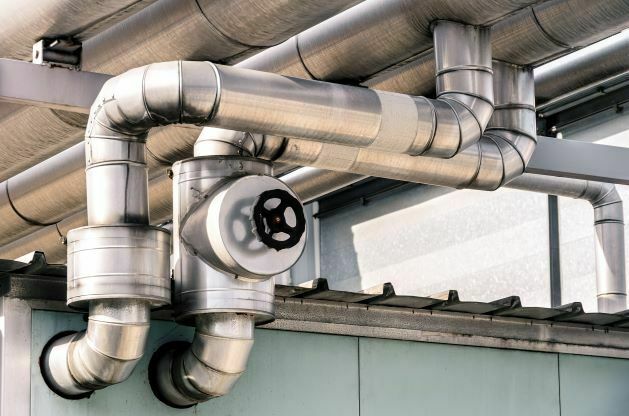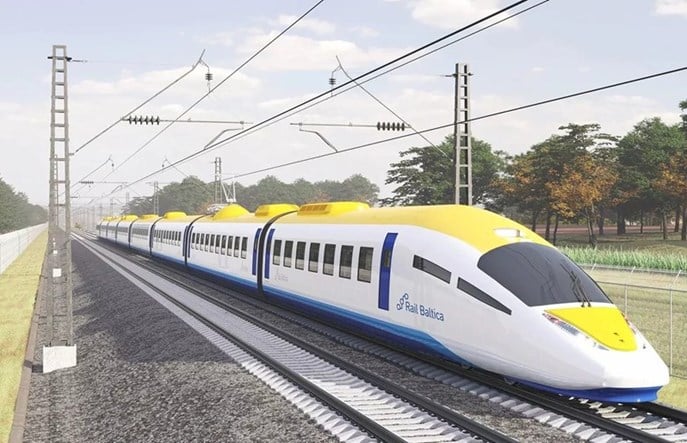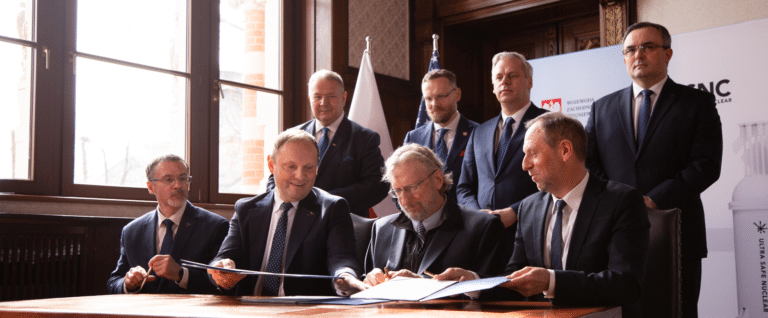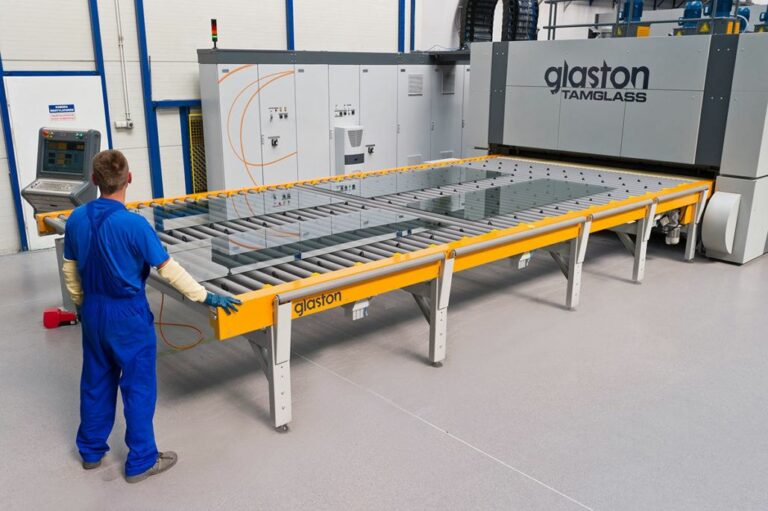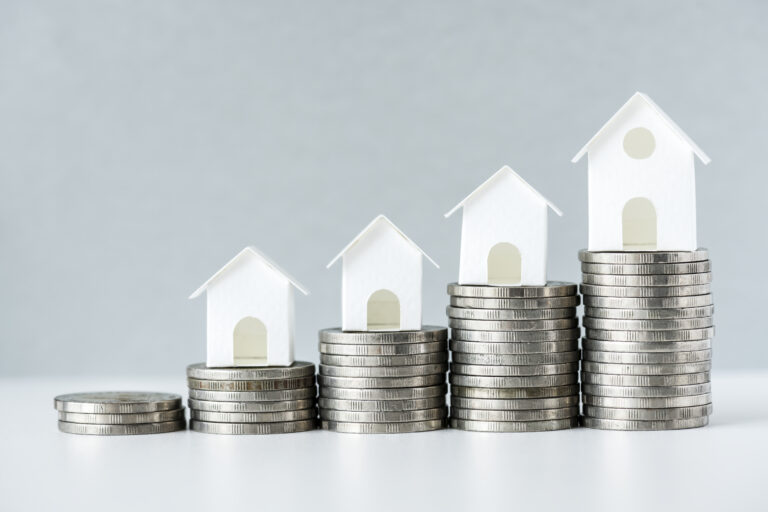Investment in Poland at a crossroads
On May 8, during the 16th European Economic Congress, during the session ‘Investments in Poland through the eyes of business. Regression and hopes,’ the panel discussed the details of a report by ING Bank Śląski and the organizer of the European Economic Congress (EEC), the PTWP Group.
The report was based on 26 conversations between PTWP Group journalists and managers of companies operating in Poland, ABSL and representatives of foreign chambers of commerce in Poland. It asked how Poland should make up for the lost decade in investment and what are the main barriers that prevent investment decisions?
Long-term investment regression
In 2008, the investment rate in Poland was 23% and has been in a downward trend since. The investment rate in Poland (17.8% in 2023) differs significantly from the EU average (22.2%) and CEE countries (26.3% in Hungary or 27.0% in the Czech Republic). Compared to the EU average, the lower investment rate in Poland in the last decade resulted mainly from lower corporate investment in relation to GDP. Public investments, which partially compensated for the gap in corporate investments, were higher in relation to GDP than the EU average, while household investments were lower.
“The conclusion of some analyses is that after the last three decades of relative prosperity, despite periodic crises or crashes, we now face a long period of slowing economic growth; it may last 5-7 years,” according to Piotr Iwo Chmielewski, member of the management board, Rohlig Suus Logistics.
“The outbreak of the war in Ukraine led to increased uncertainty and unprecedented price volatility. After a period of record prices of energy raw materials in 2022, in 2023 they normalized and returned to levels similar to those before the outbreak of the war. Oil prices in recent months have been influenced by the conflict between Israel and Iran and the war in the Gaza Strip. In addition, there is the uncertain macroeconomic situation in Poland – recent years have been a real rollercoaster, the likes of which we have never had in history. After Covid, everyone expected a crisis. Meanwhile, we have recorded huge increases in orders and a huge problem with the availability of materials and components. In addition, there was high inflation, which made us buy some products twice as expensive! Now the situation has reversed and prices are falling. This also causes problems, because the profitability of production in the company must be defended. With all this, the instability of law in Poland is already… a small problem,” said Robert Stobiński, vice-president, Amica.
Exchange rates
Polish companies also felt the effects of fluctuations in the zloty exchange rate. “What is ‘killing’ us? Exchange rate movements. What has happened in the last year has had a significant impact on the profitability and efficiency of enterprises. I know that this is not a decisive factor, but increasingly lenders, principals, shareholders and – generally speaking – decision-makers are looking at the exchange rate risk, which may burden the profitability of investments. Mitigating the accounting risk of exchange rate changes is a big challenge,” said Robert Chryc-Gawrychowski, president, Northvolt Systems Poland.
Labor costs
“For years, Polish companies have been competing with low labor costs. Now there is room for those who can increase efficiency and optimize processes. (…). The end of business in Russia or Belarus motivated us to be more active in Asia – in countries such as Kazakhstan, Uzbekistan and India,” says Piotr Kańtoch, development director, Powen-Wafapomp.
Nevertheless, Poland remains a relatively attractive country in terms of average labor costs per hour (hourly wages, employer’s social security contributions, taxes and subsidies). In 2024, they reached 14.5 euros per hour and were the seventh lowest in the EU, less than half of the EU average of 31.8 euros and less than 1/3 of German rates (48.1 euros).
However, labor costs in Romania and Bulgaria are significantly lower than in Poland. Access to qualified staff is an increasing barrier. For years, Poland has built its competitiveness on cheap labor, now it is time to create competitive advantages based on innovation. We are, after all, a well-educated nation, with extensive experience and skills.
Branding
Improving Poland’s perception on the international arena – both politically and economically – may have a significant impact on attracting foreign private investors, including those interested in foreign direct investment (FDI).
Although most of our interlocutors positively assess the changes in Poland’s image in the world, many of them remain cautiously optimistic when it comes to the possibility of translating only better perception into investment activity.
“The image of a stable, open to cooperation and business-friendly country remains a key factor that investors take into account when making decisions about investing capital,” said Marcin Wnętrzak, co-owner, Eurowafel.
Managing fluctuations
One of the basic reactions of companies to interrupted supply chains during the pandemic and war was to stockpile – partly “just in case,” which significantly increased GDP growth – at the turn of 2021/21 by about 5 percentage points. The economic downturn in 2023 led to the opposite movement on a comparable scale; companies began to struggle with excess inventory.
Another possible problem may be the “return” outflow of employees to Ukraine after the end of the war, which may only deepen staff shortages in companies.
To support entrepreneurs, it will be necessary for the government to introduce a friendly migration policy. Clear and stable migration rules can attract qualified labor from abroad – this is, of course, to meet the needs of the labor market.
Lack of strategy
“Another problem is that many industries in Poland do not have a government strategy in practice. One of these industries is the aviation sector, which – it seems – should be treated as a priority in a country located on the periphery of the EU. Without a strong and modern aviation industry, the economy will not develop,” said Michał Kaczmarzyk, president of Buzz, head of Ryanair’s Polish unit.
“In recent years, government policy has focused on promoting companies controlled by the State Treasury and SMEs. However, there were no stimulants that would encourage small and medium-sized companies to develop, rather the activities were aimed at improving their margins. In order to encourage Polish entrepreneurs to be more active in investing, government activities should be directed at promoting investments. Therefore: not subsidies for employment costs in SMEs, but subsidies for investments, mainly related to energy efficiency, the Green Deal, said Marek Piątkowski, vice president, Bewa.
“So we have scissors: the cost of obtaining capital is increasing significantly, resulting in less availability of funds, but the cost of investment is also increasing, also negatively affecting the capabilities of companies (….) I think that politicians are a bit trapped themselves… They cannot allow another increase in inflation, but they are strangling the economy a bit as a result,” said Robert Stobiński, vice-president, Amica.
EU funds
The report notes that unlocking EU funds from the new financial perspective 2021-27 and the recovery fund (KPO) provides solid support for economic growth and Poland’s creditworthiness assessments worldwide, which has been repeatedly signaled by rating agencies. Without breaking the deadlock in relations with the EU, Poland risked a significant decline in the inflow of funds this year, which is a transition year between the end of the old and the beginning of the new financial perspective.
ING forecasts a net inflow of EU funds, including loans, of 2.7% of GDP this year; in a negative counterfactual scenario, the net inflow could be close to zero. Loans from KPO will play an important role in the structure of funds; the ratio of subsidies to loans in KPO is 42:58. Our interlocutors clearly prefer non-refundable funds from the EU.
Already this year, the KPO will make it easier to meet high public borrowing needs and manage budget liquidity, large disbursements will gradually be used for projects. However, the impact of EU funds on GDP, in particular on investments, will be delayed until 2025 and 2026. This is due to approximately 2 years of delay in the implementation of the KPO, the renegotiation of the plan by the new government and the updating of policy and investments under the KPO.
The deterioration of relations with the EU led to a dramatic collapse of investments in the railway market. “This period is already lost, and catching up is impossible, because investment processes in the railways have their own rules. In turn, state investments focused on supporting the so-called national champions, which had a negative impact on the competitiveness of the private sector. According to my knowledge, just as we had to significantly increase our efforts to convince the owner to invest in Poland, similar problems affected other companies with foreign capital. The distrust towards private and foreign capital was completely unnecessary,” said Marek Staszek, president of DB Cargo Polska.
In a survey conducted last year by the German Chambers of Commerce Abroad (AHK) in 16 countries, Poland took first place as the preferred investment location. The advantages of the common European market, a good network of suppliers and a high level of qualifications on the labor market were particularly appreciated. The interest of German entrepreneurs is also evidenced by the fact that the two largest investments implemented with the support of PAIH in 2023 are projects of a German investor.
The reorganization of supply chains also has a positive impact on interest in Poland as a preferred location for nearshoring or friendhoring – a safe place to conduct business activities. The advantages of geographical proximity to the market, logistic benefits and access to qualified employees were appreciated, among others, according to Lars Gutheil, President, Polish-German Chamber of Commerce (AHK Polska).
Greening
“I believe that as a country we are hugely behind in this. Large-scale renewable energy projects with energy batteries are and will be built. Construction of the first nuclear power plant will begin. There must be a fundamental development of the power grid. Further gas power plants will also be built. There is a lack of decisive support from government institutions for Polish enterprises that could participate in the construction of a Polish nuclear power plant. This mistake has already been made with offshore wind energy projects. There were great announcements, and ultimately it looks like the share of Polish enterprises will not exceed 10%. investment…(…). Investments in modern, low-emission energy will certainly be important. This is a key task if we do not want to have the most expensive electricity in the entire European Union,” said Piotr Kańtoch, development director, Powen-Wafapomp.
“In recent years, the Polish economy has grown mainly on the basis of consumption and investments slowed down due to internal regulatory and tax difficulties and the erosion of trust in the institutions of the free market economy. The situation was also worsened by unprecedented external shocks (pandemic, Russian aggression against Ukraine),” the report reads. “Even in the difficult context of the Russian war in Ukraine and increased geopolitical uncertainty, there were opportunities to attract a new wave of foreign investors to Poland. However, the expected improvement in the investment climate, related to, among others, with unblocking access to EU funds and stabilizing regulations and taxes, should support domestic investments.”


